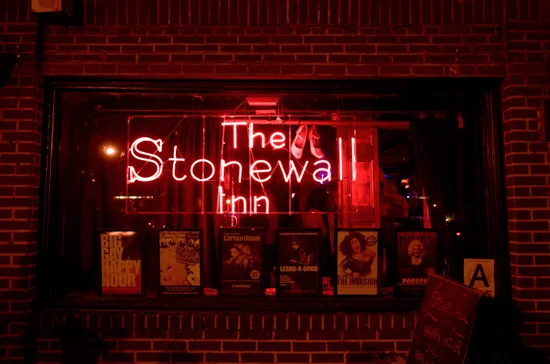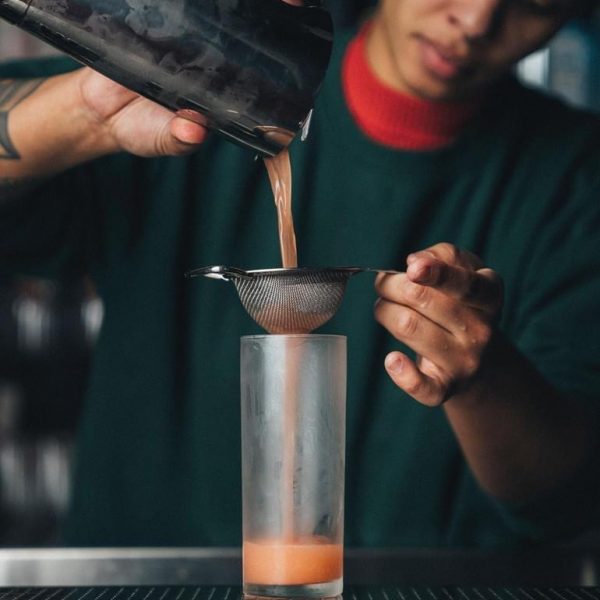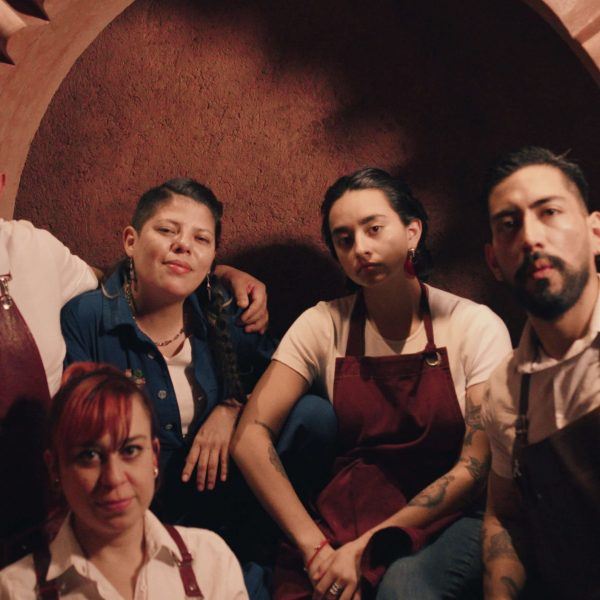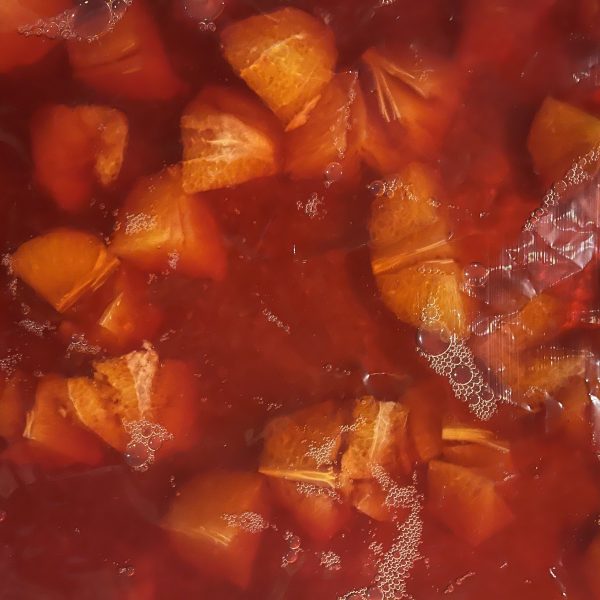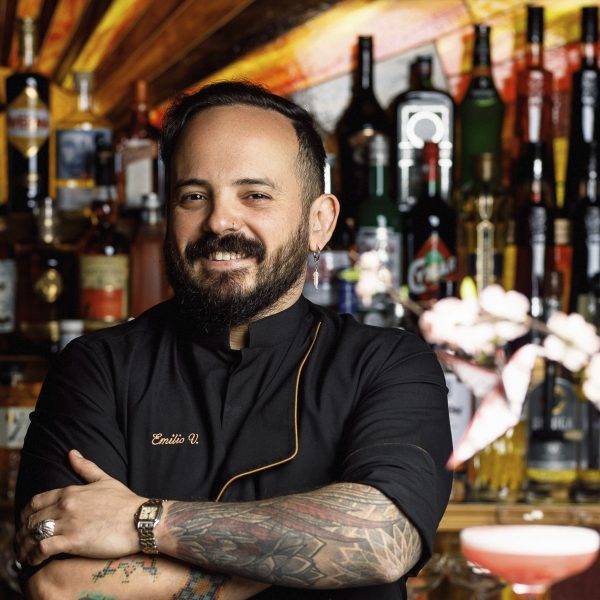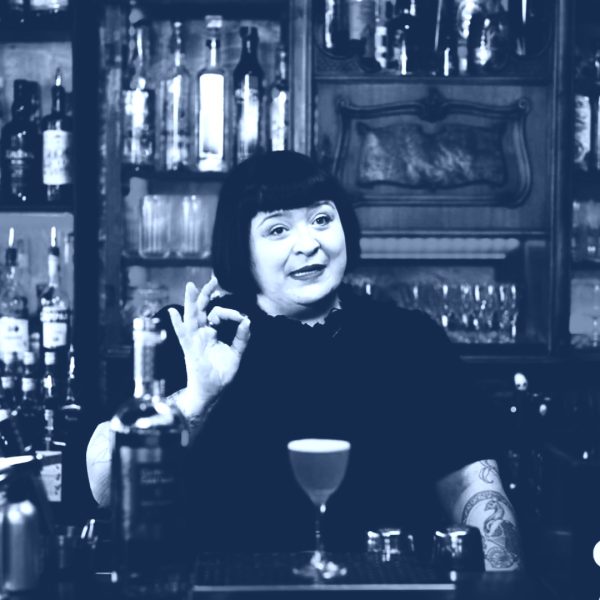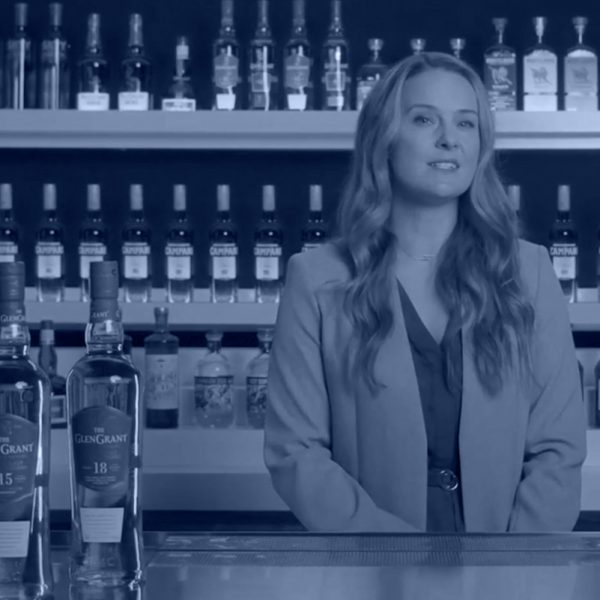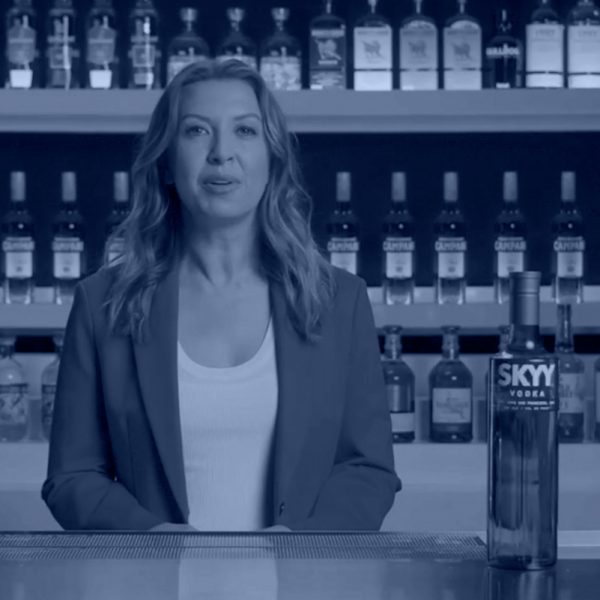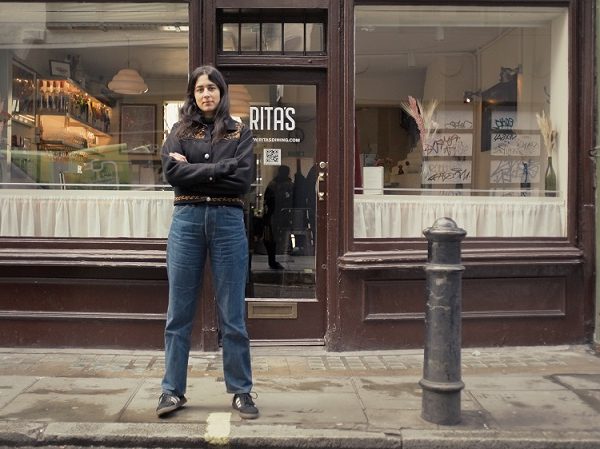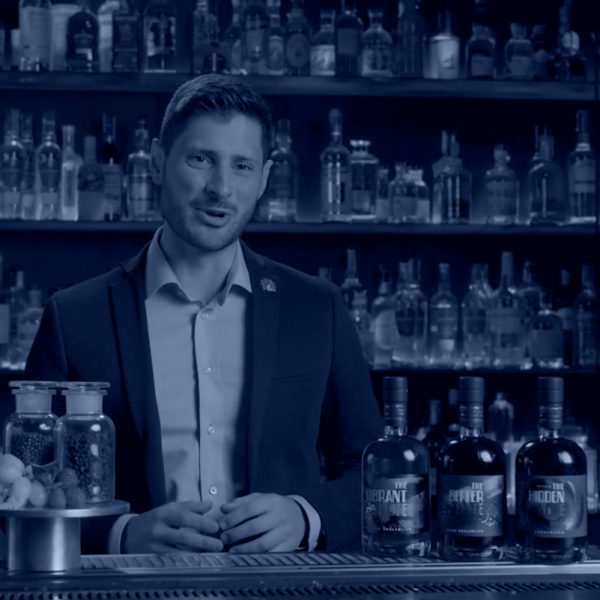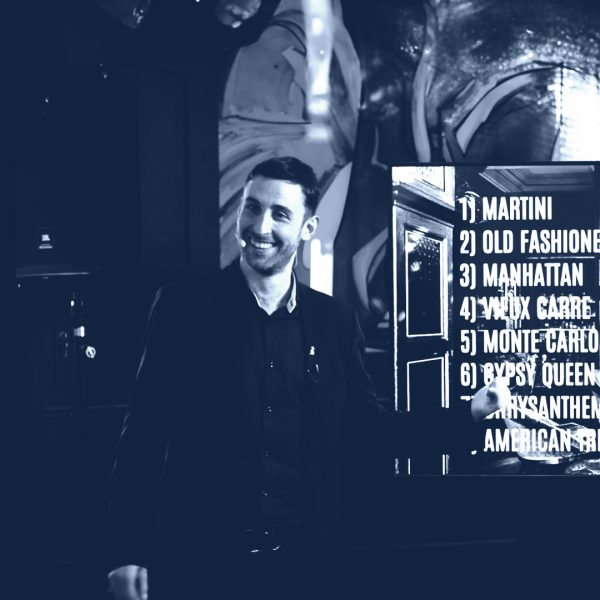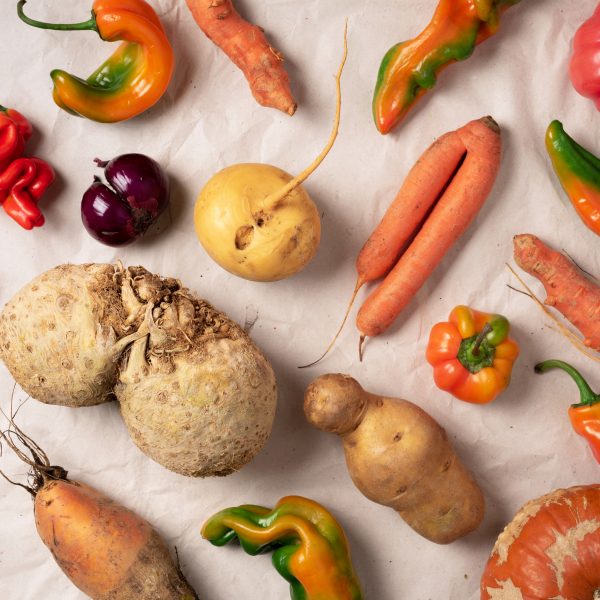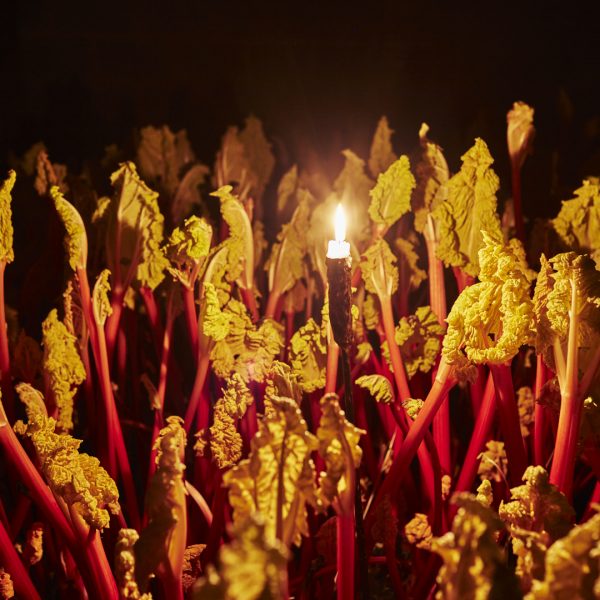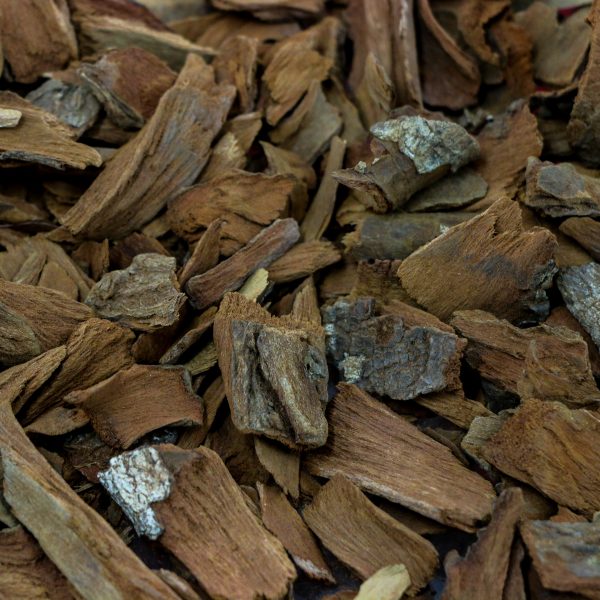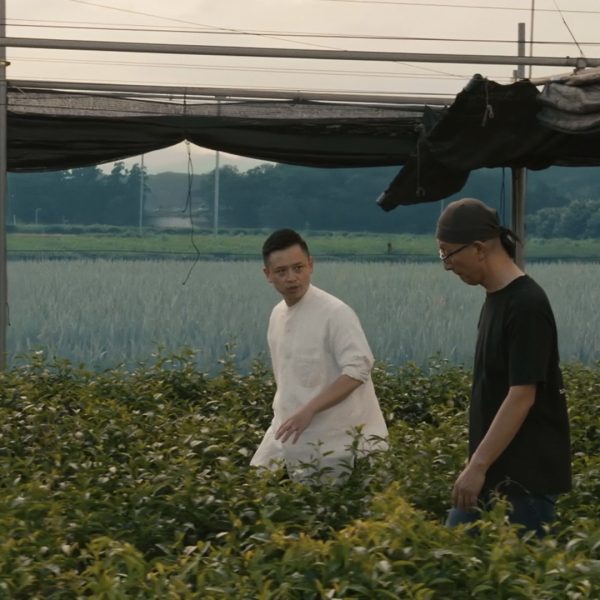Supply chain series: Anette Moldvaer on how to source coffee ethically
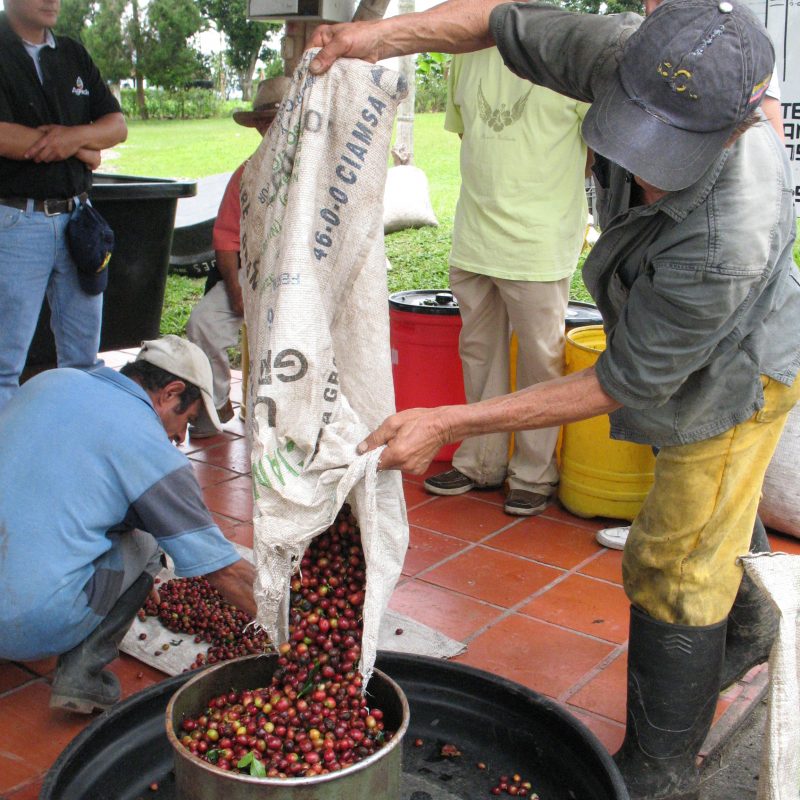
In the second of our supply chain series articles, coffee consultant and author Anette Moldvaer takes us through the questions you should be asking before introducing beans to your bar
The specialty coffee industry is steadily educating consumers about their product: from why it’s special and the wide scope of flavours available, to the levels of quality, and reasons for differences in price points. These days, most coffee drinkers will recognise the two main species of coffee are arabica and robusta. Arabica is considered the better tasting of the two and represents 75% of the coffee market; while robusta has a more earthy, woody taste profile and is higher in caffeine. Within arabica there are numerous cultivated varieties: bourbon, pacamara and SL28, for example, are all varieties that carry intrinsic qualities in flavour (bourbon is sweet and soft; pacamara is often herbal and savoury; and SL28 tends to be fruity, acidic and intensely aromatic).

Processing coffee cherries
The road from fruit to green coffee can take several routes but is broadly split into three core types: natural, pulped-natural, and washed. Naturals are dried whole coffee cherries, and often have a fruity, funky, tropical taste, and are sweet with a heavy texture. Pulped-naturals, or honey-processed coffees, have the outer skin of the fruit removed but the pulp remains on the parchment, a protective husk covering the bean. They tend to be sweet and softly fruity, generally tasting ‘cleaner’ than naturals. Washed coffees have the skin removed before going into tanks filled with water where they soak and ferment until the sticky pulp is broken down and can be washed off. They have a delicate body and can taste bright and acidic.
Getting coffee from A to B
The supply chain can be long and complicated, as the beans pass through many hands between a grower and a consumer. The term ‘middleman’ carries certain connotations, but in most cases, there is an unavoidable need for them, as very few farmers have the volume, facilities or licence to sell direct to a roaster. In broad strokes, coffee farmers range from growers who have a few trees in their garden and use coffee as a seasonal cash crop, to those with enormous farms who control every step of the process themselves and write contracts directly with roasters and cafes. Some growers merely sell their coffee as freshly picked cherries, much like any fruit or vegetable. Others manage some of the processing, such as the wet milling and drying of parchment, either on their own or as part of a cooperative.
Larger farms may also have their own dry mill where the parchment is removed, and the green coffee sorted and prepared for export. If they have a licence, they may even sell direct to an importer or roaster, otherwise the coffee is sold to an exporter. From there it can be sold on the commodity market, through auction systems, or via private contracts to importers in consuming countries. Importers ship the coffee in, warehouse it and sell to roasters, and roasters sell to wholesalers, supermarkets, bars, cafes, restaurants and home consumers.
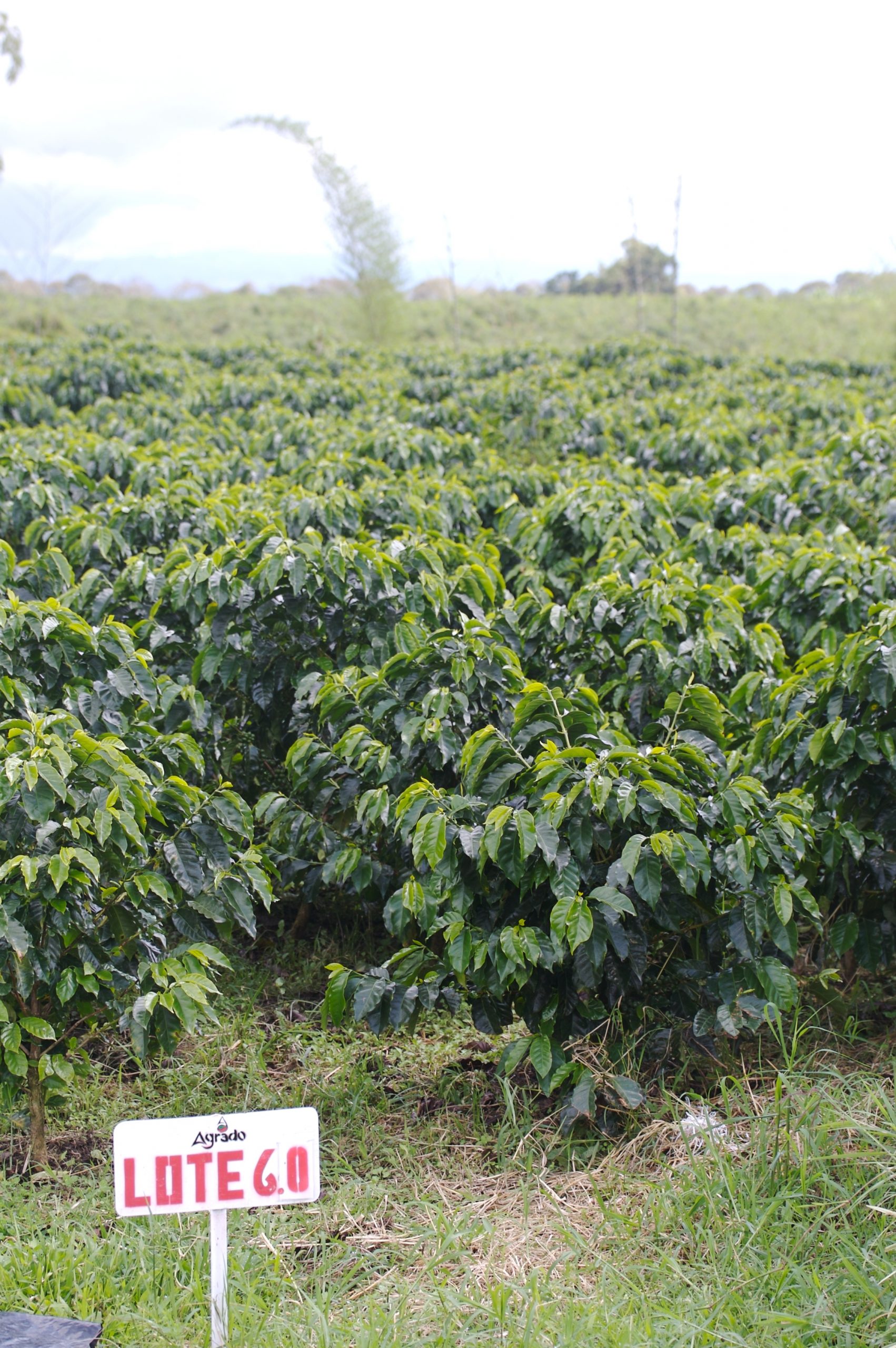
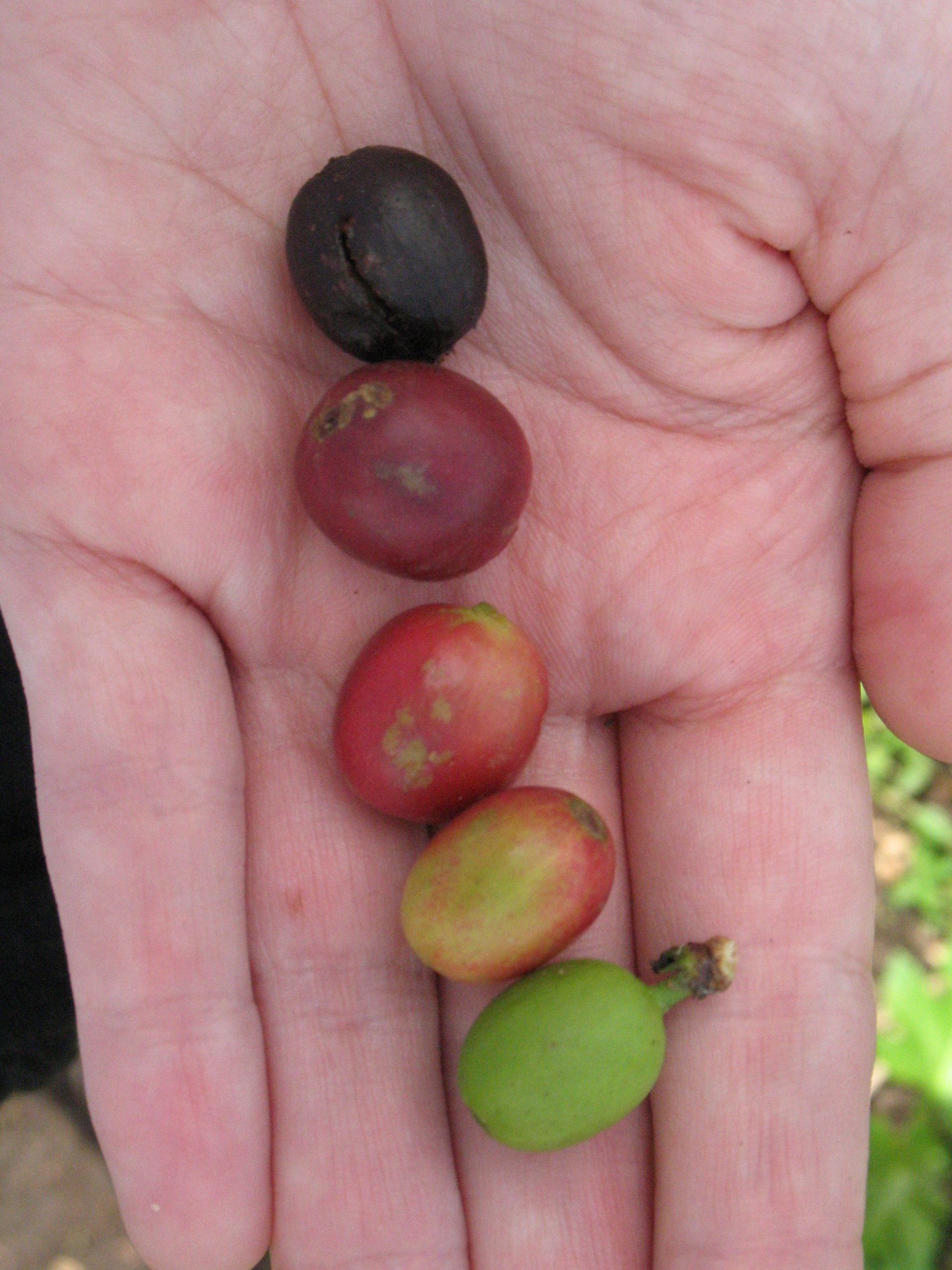
Transparency matters
The transparency and ethical standards of this chain has to be questioned when making a decision on how and from whom to buy beans. The more knowledge we have on the links in the chain and how they operate, the more confident we can be that we are buying a product where everyone has been remunerated appropriately, sustainably and profitably.
In some cases, a roaster will have been able to negotiate the price for the coffee directly with the farmer, but in most cases, roasters buy from exporters or importers and rely on their willingness to share how much the farmers are paid. In coffee as in spirits, you can almost guarantee that the cheapest product will never be a quality product. On the other hand, one should also be wary of coffees where you are paying a premium for the marketing of the brand rather than the superior taste of the bean.
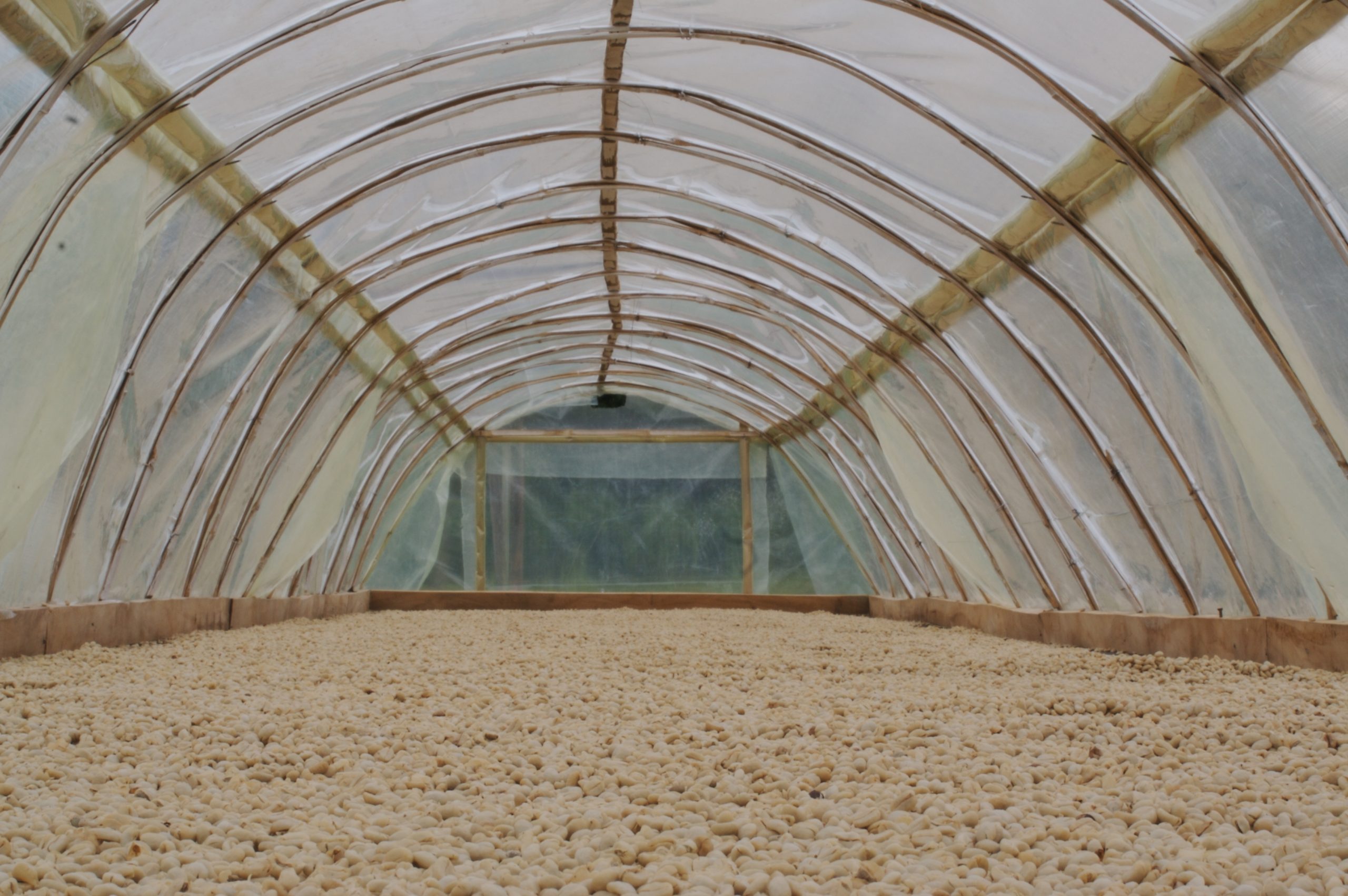
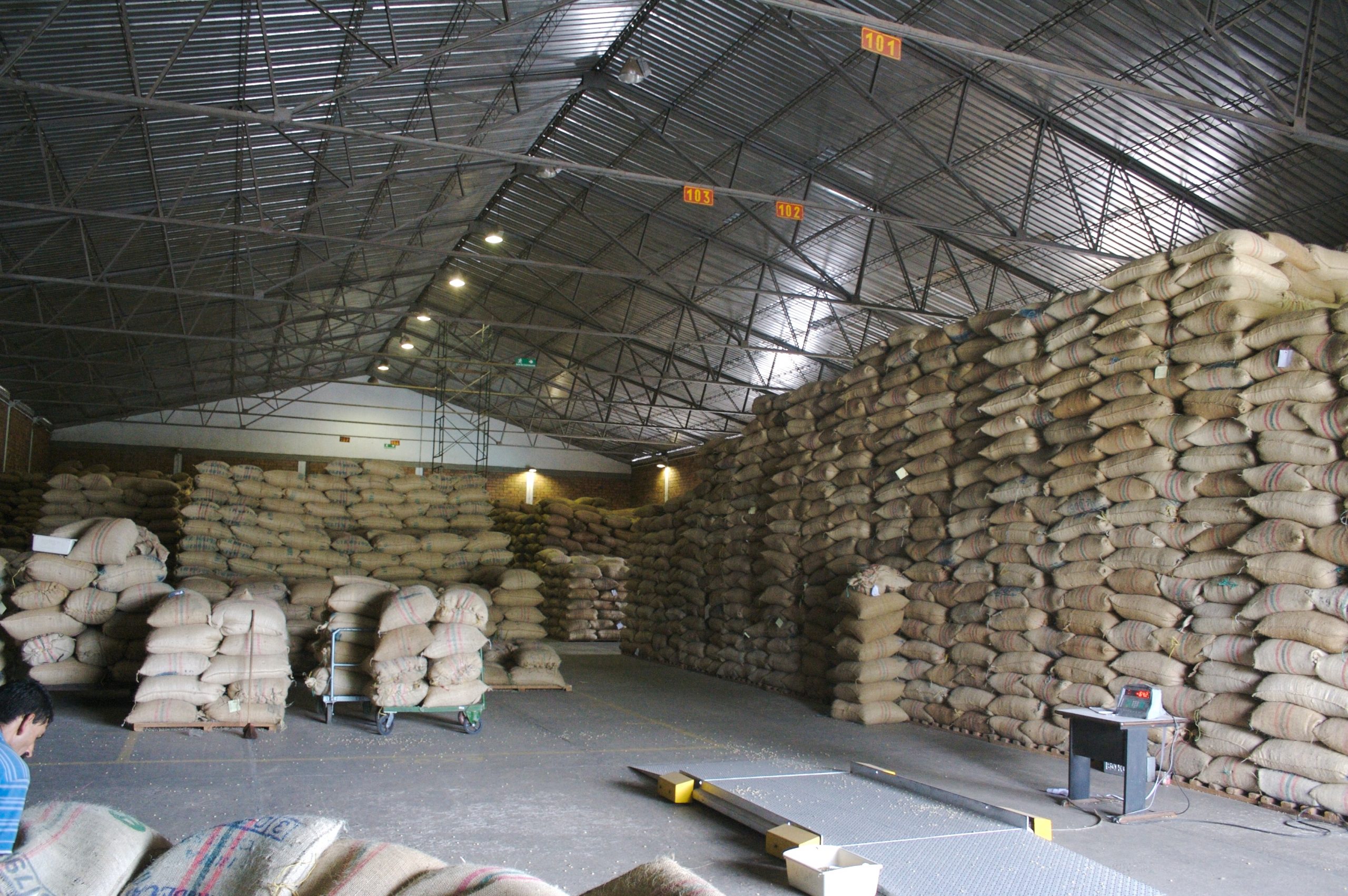
Trust talks
Finding good quality coffee to use in your bar has never been easier, as the number of roasters who deal in specialty coffee have exploded over the last 15 years. Still, it can be difficult to navigate through all the flashy sales pitches. Unfortunately, it’s very easy for unethical operators to use all the buzzwords and exotic descriptors available to them, but still have very little coffee experience, knowledge or actual expertise.
Deciding who to trust as your supplier and which beans to go for is easier if you do a bit of research. Ask how roasters source their coffee, if they ever speak to or travel to visit the producers of the coffee they sell, if they know how much the farmers were paid, if they know the millers, exporters and importers that handled the coffee along the way.
What is the name of the co-op, washing station, hacienda, finca or fazenda, or the name of the farm owner or manager? What varietal is the coffee, where and at what altitude was it grown, how was it processed? What does the coffee taste like and how should you brew it? Finally, rely on your taste buds and be open to comparing and experimenting to find the provider that gives you the quality of coffee you want.


